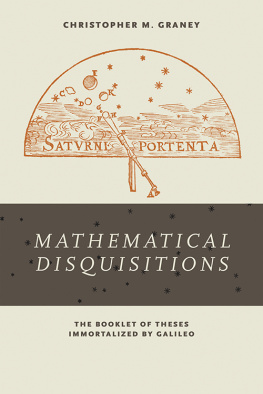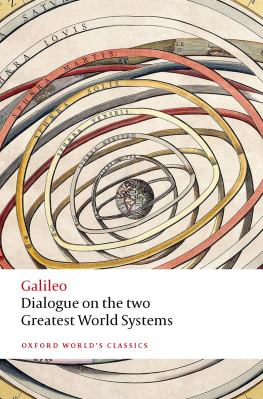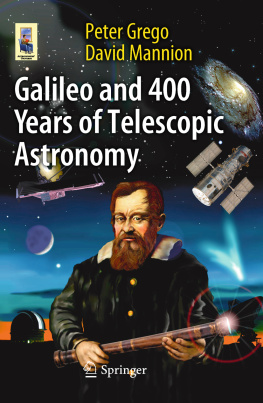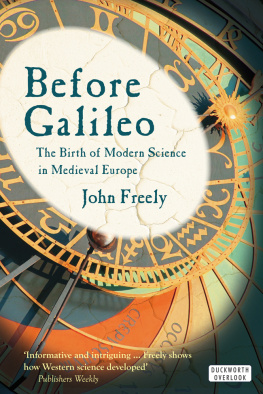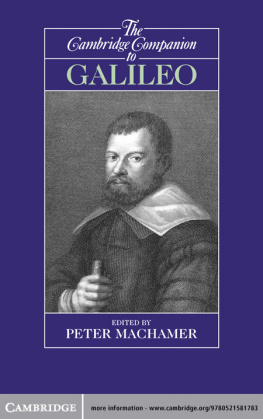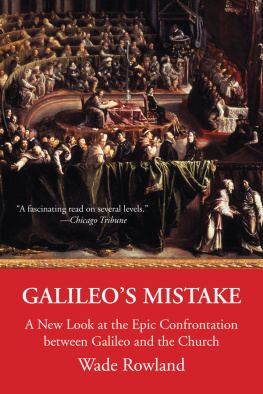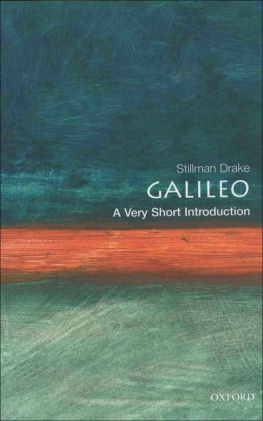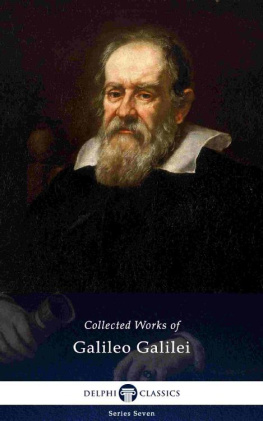CONTENTS
Landmarks
Page-list
To the most serene prince and lord, Lord Maximilian, imperial count of the Rhine, duke and most clement lord of Bavaria, etc.
The new, the rare, and the precious are owed to the prince, O mighty Duke. Custom has sanctioned this. Reason has advised this. The consensus of everyone has confirmed this. This is true not only in your Bavaria (where items that are of extraordinary value, or that are novelties, or rarities, or works of great craft have been gathered into and guarded within your own archive of special wonders in Munich), but indeed in all civilized nations.
Old coins dug out of the ruins at Rome soon reach the hands of the mighty. Monsters caught from the seathe kind that once inspired poets to write of the Sirensare promptly sent to the palace. Kingdoms in India fight among themselves for the white elephant, not because it is better than the dark elephant, but because it is rarer. Clovis II, the greatest king of the Gauls, even acquired a turnip of unusual size.
And now I entrust to you a rarity that is even lowlier than a turnip. I have published these mathematical theses concerning celestial novelties. Because these theses consider celestial things, perhaps they are not too lowlyafter all, it is probably better to calculate about heavenly things based on philosophical opinion than to be learned about other things. Because these theses consider things of fascinating rarity and abounding in novelty, perhaps they have worth.
I owe much to the professors of mathematics at your academy at Ingolstadt, some of whom I have acknowledged publicly, others of whom I have thanked privately. To both, I give this work as a sign of a grateful heart. And if you do not spurn it, then perhaps in the future this rarity may not seem so rare.
Live long, and prosper, God willingto you, to our country, and to us. Ingolstadt 1614.
All the best,
your most dutiful servant in all things.
Johann Georg Locher
A Poem for the Most Learned Reader
Orpheus, put the Argonauts out of your mind. Put aside your lyre that once moved rocks and stilled waters. Hang the Golden Fleece back on the tree. Forget witches and the voices of Sirens. You may again rescue your beloved Euridice from Hadesfor now you can pull the moon down from heaven and then watch Hades open wide in astonishment. The world of the ancient gods is no more, except for in poetry and Scripture. The old ground on which the heavens have shone now trembles.
Now Cynthia the Moon shines only by the suns fire, yet still she leads the stars through the night. The starry multitude celebrates God; the Milky Way is full of them. Jupiter drives a chain of four golden stars, while Saturn can but envy Jove. Shining Venus has no pristine form to her face. Instead, her brow bears two brazen horns. How fitting that she, whom the fool deems most pretty, in the end prefers the foolishness of these tasteless horns.
And the bright-shining phaethonic lampPhoebus the Sunalso bears a marred face. His face is branded with dark burns, an astral stigma that brings to mind the crime of Prometheus, who gave fire to man. But lest Phoebus be merely an orb darkened by spots, he is also whitened by numerous blazes.
When I consider all this, I leap up and cry, O heavens, what craft is this, when I find day and night, bright and dark, on the sun itself? What is this labor that drives the one who would seek dark spots to study solar fire?
Yet go on, look up at the stars, and summon them down. Argus, why are you not indeed a lynx? I say you are above the lynxes. Others may be lynxes. To me you are an eagle.
Henricus Locher, brother to brother,
student of logic and mathematics.
The Author to the Reader
On the Preeminence, Necessity, and Utility of Mathematics
Dear Reader, lest I seem not credible, or too eager to press my case, I shall give to you not my words and opinions, but those of others. Thus I give you the words (abridged for length) of that great theologian Antonio Possevino, from hisBibliothecae Selectae . He is a better witness for such things in all ways. In the Argument section of book 15, he writes:
I am persuaded, and I have proposed to others, that the mathematical disciplines have a place and a dignity ahead of the majority of the higher disciplines. This is because the mathematical disciplines are necessary not only to the rest of the sciences, and to medicine, but also very much to the conduct of war, to various operations of the Republic, and to studies of geography and human history. . . .

